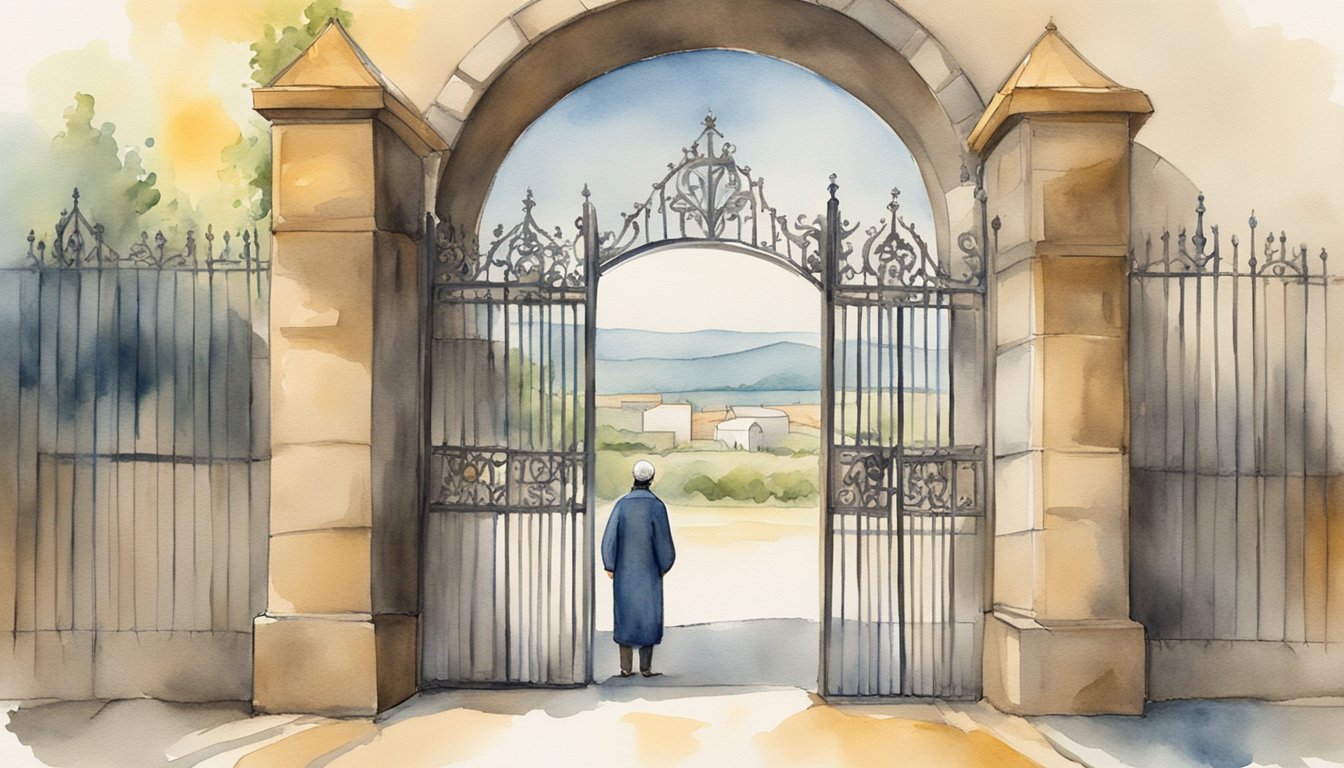Yom Kippur: The Day of Atonement
Significance and Themes
Yom Kippur, also known as the Day of Atonement, is considered the holiest day of the year in Judaism. It occurs annually on the 10th day of Tishrei, falling in September or October according to the Gregorian calendar. For Jews, Yom Kippur serves as a time for repentance, atonement, and forgiveness, marking the end of the Days of Awe, a 10-day period that starts with Rosh Hashana, the Jewish New Year.
During Yom Kippur, Jews believe that their sins are atoned for and their fate is sealed in the Book of Life. This day is also seen as an opportunity to strengthen one’s covenant with God and achieve purification of one’s spirit, as a kind of spiritual “reset.”
Practices and Traditions
The primary practice associated with Yom Kippur is fasting for 25 hours, beginning at sundown and lasting until nightfall the next day. Fasting is seen as a means of atonement and purification, to express repentance and solidarity with those in need.
Another important Yom Kippur practice is engaging in introspection and self-examination, known as teshuva, which involves a sincere commitment to change and improve one’s ways. Jews also participate in prayer services throughout the day, including specific prayers of confession and repentance.
Some additional traditions during Yom Kippur include:
- Participating in Kapparot, a ritual involving the symbolism of transferring one’s sins onto a chicken or money as a form of atonement
- Wearing white garments to symbolize purity
- Engaging in acts of charity, as giving to others is seen as a way to secure a positive judgement in the Book of Life
- Avoiding engaging in work or other activities that may be seen as desecrating the Sabbath
Observances in Israel
In Israel, Yom Kippur is observed as a national holiday, with many businesses and public services shutting down. People of different faiths and backgrounds join in the spirit of reflection and reconciliation, as the quiet atmosphere creates a sense of unity and connection. Streets, typically bustling with traffic, become eerily quiet, with people taking leisurely walks or riding bicycles instead.
Customs and Prohibitions of Yom Kippur

Fasting and Abstinence
Yom Kippur is considered the holiest day of the year in Judaism and is observed with a 25-hour fast. During this time, individuals abstain from eating, drinking, bathing, wearing leather shoes, and engaging in sexual relations. The fasting and abstinence are intended to help focus on atoning for sins, seeking forgiveness, and purifying the soul.
Fasting on Yom Kippur begins at sunset on the 9th day of the Hebrew month of Tishrei and ends at nightfall on the 10th day, usually falling in September or October on the Gregorian calendar. However, there are exceptions to fasting, such as for children, pregnant or nursing women, and those with certain health conditions.
Prayer Services and Liturgy
During Yom Kippur, individuals attend prayer services at the synagogue, where special liturgy and rituals are performed. The services include Maariv, an evening service, and continue with the Kol Nidrei prayer, which asks for the annulment of vows made during the year. The following day, Musaf, a morning service, takes place, followed by the afternoon service, which features a reading of the Book of Jonah. The final service, Neilah, concludes Yom Kippur, followed by the blowing of the shofar, a ram’s horn, to mark the end of the fast. During Yom Kippur, many individuals also engage in personal reflection and seek forgiveness from others for any wrongdoing over the past year. The solemn atmosphere of the day emphasizes repentance and spiritual renewal, reinforcing the importance of introspection and commitment to positive change. Similarly, in Islam, communal prayers hold great significance, such as Jumah, which is observed every Friday; those curious about its significance often look up ‘jumah meaning in islam‘ to understand its role in the faith.
The Yizkor memorial service is also held during Yom Kippur, where individuals remember deceased loved ones and commit to performing good deeds in their memory.
Cultural Impact and Historical Observances
Yom Kippur has a significant cultural impact on Jewish communities worldwide. Its origins date back to biblical times. According to the Torah, Yom Kippur was established by God after Moses atoned for the Israelites’ sin of worshiping the Golden Calf. In the Second Temple period in Jerusalem, the day was marked by solemn rituals in the Holy of Holies by the High Priest, who sought atonement for the people.
The significance of Yom Kippur has also been seen in modern times. For example, famed baseball player Sandy Koufax famously chose not to play in the 1965 World Series to observe the holiday. This act demonstrated the importance of faith and tradition to many Jewish individuals.
Yom Kippur serves as a vital reminder in Jewish life to reflect on one’s actions, seek forgiveness, and strive to be better in the future.

